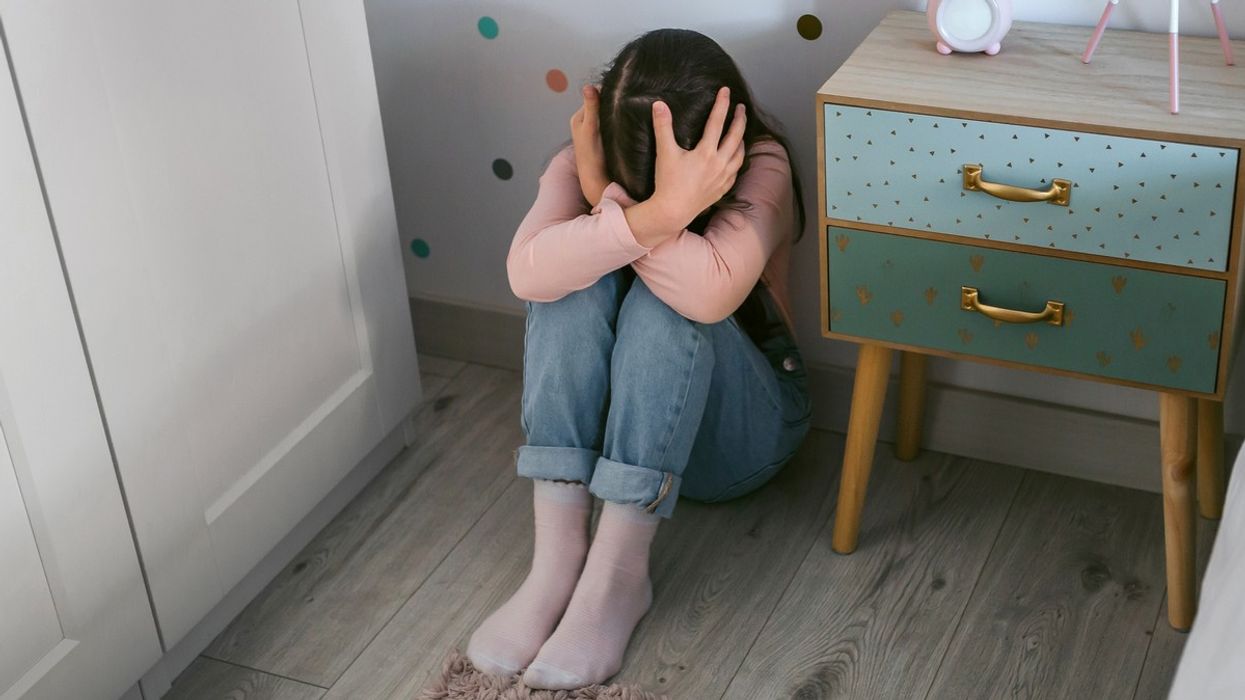A recent findings from the Resolution Foundation highlight a significant shift in the landscape of workforce health in the UK. The report underscores a concerning surge in poor mental health among young people, adversely affecting their educational attainment and employment opportunities.
Official figures reveal a notable uptick in mental health issues among the younger demographic, with adverse consequences for their education and subsequent career paths.
In 2023, 5 per cent of young people, aged 18 to 24, were economically inactive due to ill health, representing a substantial portion of this age group facing challenges in the workforce. Contrary to trends observed two decades ago, the report establishes that young people currently exhibit the poorest mental health compared to other age groups.
In 2021/22, a staggering 34 per cent of individuals aged 18 to 24 reported symptoms of mental disorders such as depression, anxiety, or bipolar disorder. This marks a notable increase from the 24 per cent reported in 2000.
The economic ramifications of this mental health crisis are particularly pronounced for young individuals without a university education. A concerning one in three young non-graduates with common mental disorders is currently without work, emphasizing the intricate link between mental health and economic outcomes.
"Attention had more often been on mental health in higher education, but what should most worry us is when poor mental health comes together with poor education outcomes," said Louise Murphy, senior economist at the Resolution Foundation
The gender disparity in mental health outcomes is noteworthy, with young women being one-and-a-half times a 41 per cent more likely to experience poor mental health compared to their male counterparts of 26 per cent.
The research indicates that a significant 79 per cent of 18 to 24-year-olds who are 'workless' due to ill health have qualifications at GCSE level or below. This stands in stark contrast to the overall figure for the same age group, where only 34 per cent fall into this category.
The correlation between educational attainment and mental health challenges emphasizes the importance of holistic support systems for young individuals.
The study further unveils the far-reaching impact of poor mental health on academic performance. Children aged 11 to 14 experiencing mental health issues are three times more likely to fail to achieve five GCSEs, including English and Maths, compared to their mentally healthy peers.
In response to these findings, the Resolution Foundation, an advocate for improved living standards for those on low and middle incomes, calls for enhanced mental health support in colleges and sixth forms.
Additionally, the foundation advocates for comprehensive efforts to prevent young people from leaving compulsory education with low qualification levels, addressing the root causes of the issue.
Jo Bibby, the director of the Health Foundation, said "building blocks of health are things like good employment and education and cross-government action was needed to stop the creation of a lost generation due to poor mental health."
While the study relies on data from the Labour Force Survey, discontinued by the Office for National Statistics due to declining participation, the Health Foundation maintains the accuracy of its analysis.
This research underscores the urgency of prioritizing mental health support and educational interventions to safeguard the well-being and future prospects of the younger generation in the UK. (With inputs from BBC)




